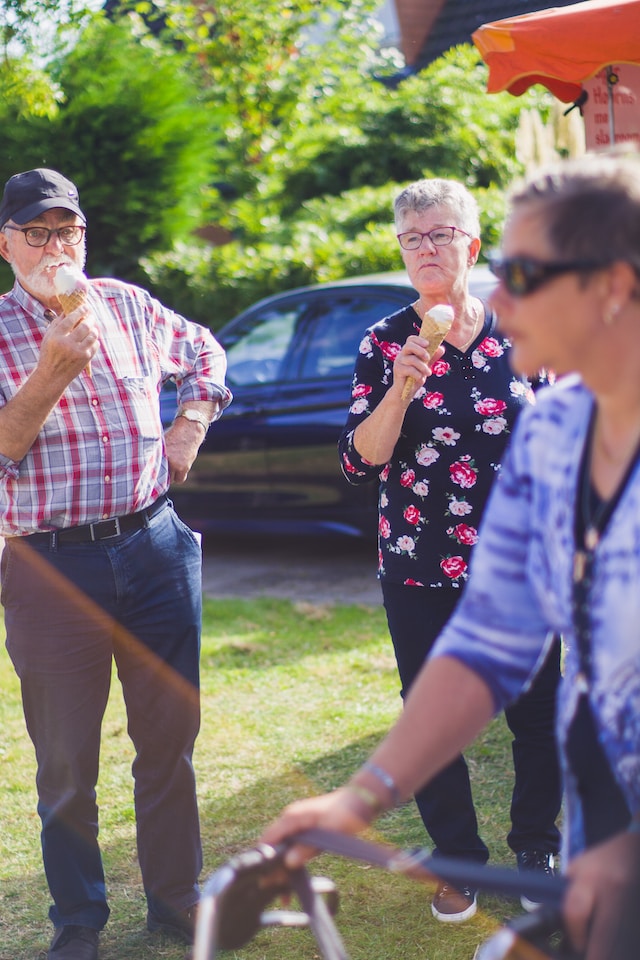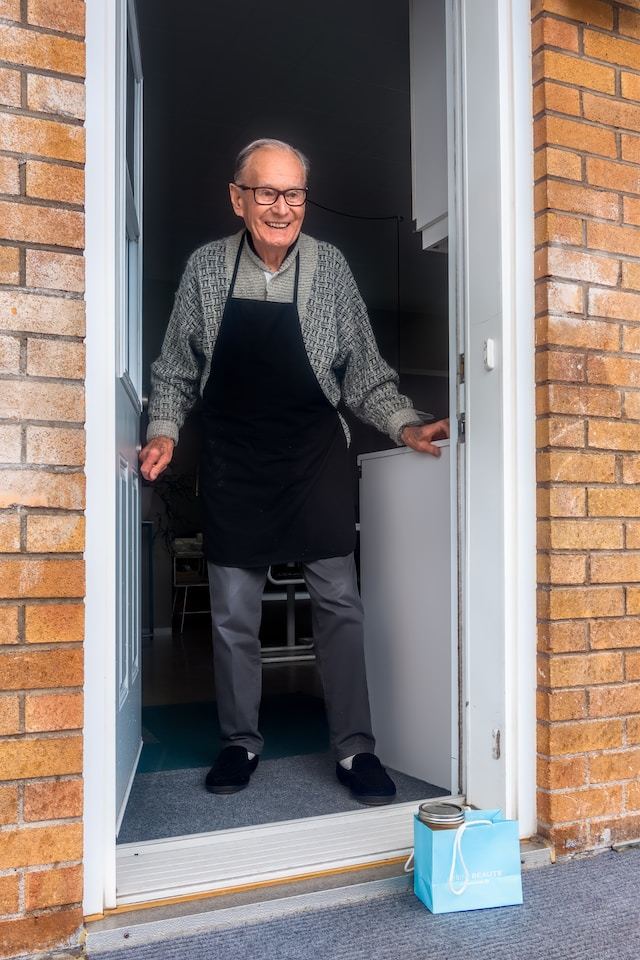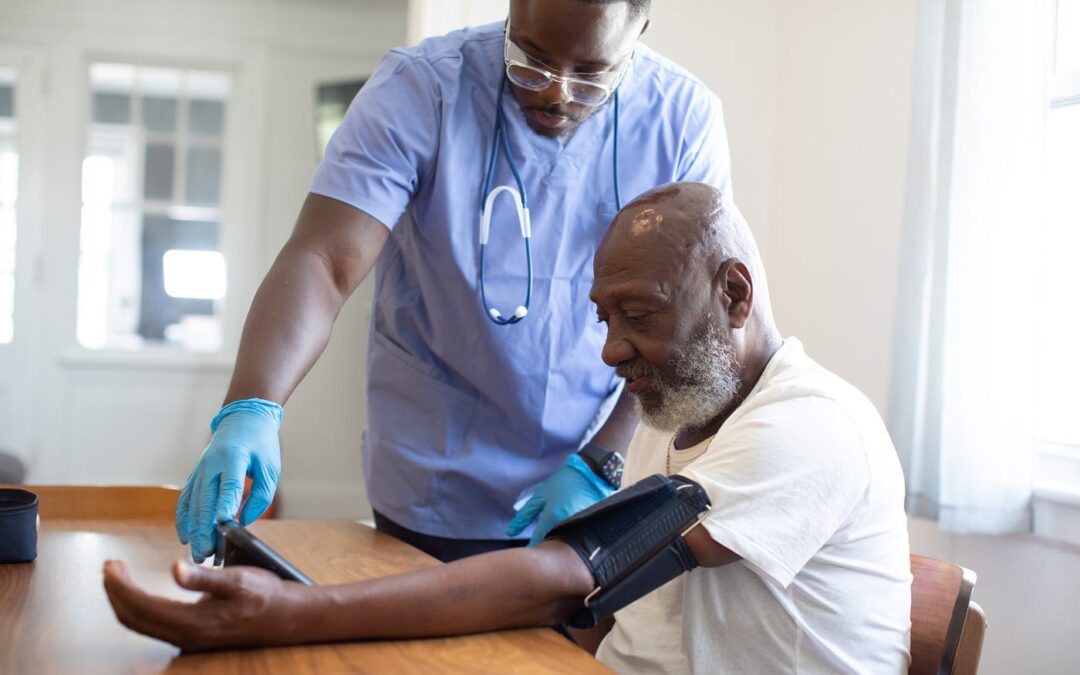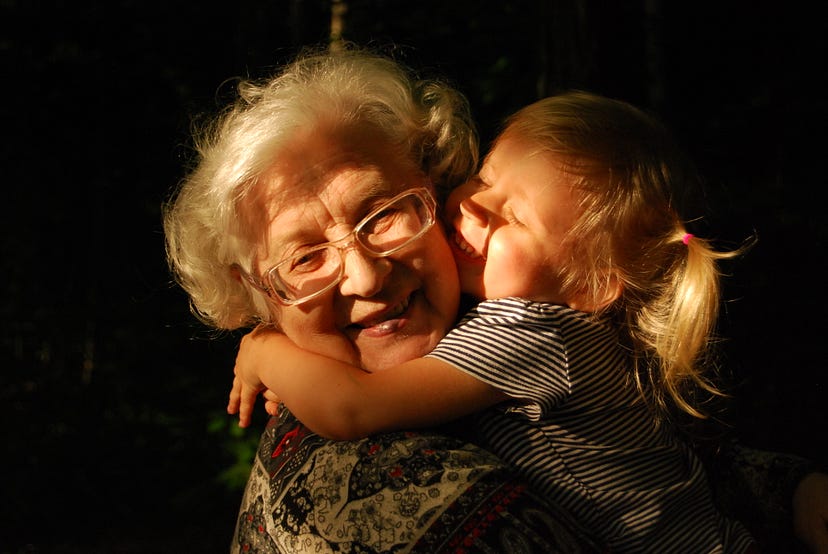As the population of older adults continues to grow, understanding various senior care resources becomes increasingly important for caregivers and families. This blog post will delve into a wide range of options available to ensure that elderly individuals receive appropriate support throughout their golden years.
We will explore different types of senior living arrangements, from independent communities for active seniors to skilled nursing facilities catering to those with intensive medical needs. In addition, we’ll discuss geriatric healthcare services provided by specialized physicians and home health agencies.
Furthermore, this post will highlight respite care and adult day centers as essential resources for family caregivers in need of temporary relief. We’ll also examine innovative technology solutions impacting eldercare and financial assistance programs designed specifically for senior care expenses.
Last but not least, we’ll touch upon legal matters related to aging loved ones’ wellbeing and the importance of caregiver support groups in maintaining emotional resilience during challenging times. By gaining comprehensive knowledge about these various aspects of senior care resources, you can make informed decisions when it comes to providing optimal support for your elderly loved ones.
Table of Contents:
- Types of Senior Living Arrangements
- Geriatric Healthcare Services and Home Health Agencies
- Respite Care and Adult Day Centers
- Technology Innovations Impacting Eldercare Solutions
- Financial Assistance Programs for Senior Care
- Legal Matters Related to Aging Loved Ones’ Wellbeing
- Support Groups for Caregivers
- FAQs in Relation to Senior Care Resources
- Empowering Caregivers with Essential Senior Care Resources
Types of Senior Living Arrangements
Understanding the different types of living arrangements available to older adults is crucial in providing appropriate support.
From independent living communities for active seniors, assisted living facilities offering personal care support, to skilled nursing facilities (nursing homes) for intensive medical needs – each option caters to specific requirements and preferences.
Independent Living Communities for Active Seniors
Independent living communities offer private apartments or homes with minimal assistance, allowing seniors to maintain their independence while enjoying a social environment with peers.
These communities often provide amenities such as dining services, housekeeping, and recreational activities tailored towards older adults.
Assisted Living Facilities Offering Personal Care Support
In assisted living facilities, residents receive help with daily tasks like bathing, dressing, and medication management while still maintaining some level of autonomy.
These facilities also provide opportunities for socialization through organized events and common areas where residents can interact.
Skilled Nursing Facilities (Nursing Homes) for Intensive Medical Needs
Skilled nursing facilities, such as long-term care centers and nursing homes, provide comprehensive medical services for those needing continuous supervision due to chronic health issues or cognitive decline.
In addition to 24-hour nursing care, these establishments offer physical therapy sessions along with other rehabilitation services aimed at enhancing the quality of life for elderly individuals.

Geriatric Healthcare Services and Home Health Agencies
Access to healthcare services tailored specifically towards older adults’ needs is essential in senior care, and geriatricians play a vital role in managing complex medical issues among seniors.
The role of geriatricians in senior healthcare
- Geriatricians specialize in treating age-related diseases like Alzheimer’s disease and osteoporosis.
- They evaluate cognitive function and diagnose dementia or other memory disorders.
- Geriatricians attend to persistent ailments, like diabetes, high blood pressure and cardiac illness.
- They treat common geriatric syndromes including falls, urinary incontinence, and frailty.
- Geriatricians coordinate with other specialists for comprehensive care plans that address the unique needs of elderly patients.
Home health agencies offer various services ranging from physical therapy sessions at home to 24-hour live-in nurses who assist with medication management.
Services provided by home health agencies
- Nursing care: Registered nurses (RNs) or licensed practical nurses (LPNs) provide skilled nursing services such as wound dressing changes or administering medications via injections or IVs under a physician’s supervision.
- Social work: Medical social workers help seniors navigate financial concerns related to their healthcare expenses and connect families with community resources offering additional assistance/support options available locally.
- Physical, occupational, and speech therapy: Therapists work with seniors to improve mobility, strength, balance, and communication skills that may have been impacted due to age-related conditions or injuries sustained over time.
Home health agencies play a vital role by providing personalized support within the comfort of an individual’s residence while ensuring proper medical attention is received when necessary. Check out Medicare’s Home Health Compare for more information on home health agencies in your area.

Respite Care and Adult Day Centers
For families caring for elderly relatives at home, respite care offers temporary relief through short-term professional caregiving services allowing family caregivers time off without compromising their loved one’s safety or well-being.
These services can be provided in the senior’s home or at a specialized facility.
Benefits of Respite Care for Family Caregivers
- Mental health: Time away from caregiving duties helps reduce stress and burnout, ensuring better mental wellbeing for caregivers.
- Social life: Respite care allows caregivers to maintain social connections by attending events or spending quality time with friends and family.
- Routine maintenance: With respite care, caregivers can attend to personal needs such as medical appointments, errands, or even vacations without worrying about their loved one’s safety.
In addition to respite care options, adult day centers support seniors during daytime hours through socialization opportunities alongside therapeutic activities aimed at enhancing mental acuity while reducing feelings of isolation.
These facilities typically operate Monday through Friday and offer various programs tailored to individual needs.
Activities and Programs Offered by Adult Day Centers
- Cognitive stimulation: Puzzles, memory games, and discussions help improve cognitive function among seniors participating in these programs.
- Social interaction: Group outings, arts & crafts sessions, and dancing classes provide ample opportunity for seniors to connect with peers sharing similar interests and life experiences.
- Physical exercise: Many adult day centers offer fitness classes such as chair yoga, tai chi, or light aerobics to help seniors maintain their physical health and mobility.

Technology Innovations Impacting Elder Care Solutions
Modern-day elder care solutions have been significantly impacted by technology innovations designed explicitly around improving seniors’ lives both physically and mentally.
Telehealth platforms enable remote consultations between patients and providers, allowing seniors to access healthcare services without leaving their homes.
Wearable devices monitor vital signs like heart rate, blood pressure, and sleep patterns, alerting emergency contacts if any abnormalities are detected.
GPS-enabled trackers ensure individuals suffering from dementia remain safe within designated boundaries by sending alerts if they wander outside these zones.
- Safety: GPS-enabled trackers ensure individuals suffering from dementia remain safe within designated boundaries by sending alerts if they wander outside these zones.
- Piece of mind: Caregivers can track their loved one’s location in real-time using smartphone apps connected to the tracker device.
- Independence: These devices allow seniors to maintain some level of independence while still being monitored for safety.
Financial Assistance Programs for Senior Care
Money matters when it comes to senior care, and many older adults struggle to afford necessary services on a fixed income. Luckily, government programs like Medicare and Medicaid, along with non-profit organizations such as Meals on Wheels, can provide financial assistance.
Understanding Medicare’s Coverage of Healthcare Expenses
Medicare is a federal health insurance program that covers specific healthcare expenses for seniors aged 65 or older and certain younger people with disabilities. It consists of four parts: Part B of Medicare (medical insurance) offers coverage for medical services such as doctor visits, preventive care and some diagnostic tests.
How Medicaid Assists Low-Income Seniors with Long-Term Care Needs
Medicaid is a state-administered program that provides medical benefits to eligible individuals with limited income and resources. Depending on the state, Medicaid may cover costs related to nursing home stays or other long-term care options such as assisted living facilities.
Non-Profit Organizations Providing Support, Like Meals on Wheels
- Meals on Wheels: This organization delivers nutritious meals to the homes of elderly citizens who have difficulty preparing their own meals or accessing affordable food options, helping seniors maintain their independence and stay connected to their communities. (source)
Legal Matters Related to Aging Loved Ones’ Wellbeing
Caregivers must be aware of legal matters related to aging loved ones’ wellbeing, including creating advanced directives outlining medical treatment preferences if they become unable to make decisions themselves due to cognitive decline or physical incapacitation caused by illness or injury sustained later in life stages.
The Importance of Advanced Directives in Senior Care Planning
Advanced directives are essential tools for ensuring that your elderly loved one’s healthcare wishes are respected, even when they cannot communicate them personally, preventing potential conflicts among family members and ensuring that their loved one receives appropriate care.
Power of Attorney Arrangements for Managing Finances and Health Decisions
Establishing a power of attorney (POA) arrangement is another crucial step in senior care planning, granting a trusted person the authority to make financial and/or healthcare decisions on behalf of an aging adult who becomes incapacitated, protecting seniors from potential exploitation while providing peace-of-mind for caregivers.
Support Groups for Caregivers
As a caregiver, you’re not alone – support groups can help you navigate the challenges of caring for an aging loved one.
Types of caregiver support groups available
Find a support group that caters to your specific needs, whether it’s for Alzheimer’s disease or general caregiving concerns.
Organizations like the Alzheimer’s Association and Caregiver Action Network (CAN) offer in-person and online meetings.
Benefits gained from participating in a caregiver support group
- Educational opportunities: Learn about new treatments and strategies to improve your loved one’s quality of life.
- Social connections: Connect with other caregivers who understand your experiences and reduce feelings of isolation.
- Coping skills: Share stories and learn effective coping mechanisms during challenging times.
- Mental health benefits: Participating in a supportive environment can alleviate stress levels associated with caregiving responsibilities.
Joining a caregiver support group can provide valuable resources and insights to make your caregiving journey more manageable and rewarding.

FAQs in Relation to Senior Care Resources
What should be included in a senior care package?
A senior care package should include items that promote comfort, safety, and mental stimulation. Consider including non-slip socks, warm blankets, large-print books or puzzles, personal hygiene products like gentle soaps and lotions, easy-to-open snacks with nutritional value, and simple medical aids such as pill organizers or magnifying glasses. AARP offers more suggestions for thoughtful gifts.
What topics are seniors interested in?
Seniors have diverse interests ranging from health and wellness to travel and hobbies. Popular topics may include nutrition tips for older adults, exercise routines tailored to their abilities, financial planning advice specific to retirement years, engaging activities, local events catering to their age group or opportunities for lifelong learning through classes or workshops.
Why is senior care important?
Senior care is essential because it ensures the wellbeing of aging individuals by addressing their unique physical, emotional and social needs. Quality eldercare promotes independence while providing necessary support services that help maintain dignity,prevent isolation, reduce the risk of injury or illness due to unmet healthcare requirements and improve overall quality of life.
What article is senior citizens?
The term “article” may refer to written content discussing various aspects related to seniors’ lives. These articles can cover topics like health concerns specific to older adults, technology advancements improving senior care, financial planning, legal matters and social issues impacting the elderly population. Many reputable sources provide informative articles for seniors, such as AARP, National Institute on Aging or SeniorLiving.org.
Empowering Caregivers with Essential Senior Care Resources
Senior Care Resources are a must-have for caregivers who want to provide top-notch care for their elderly loved ones.
- Independent living communities and skilled nursing facilities offer various senior living arrangements to cater to different needs.
- Geriatric healthcare services, home health agencies, respite care centers, adult day centers, and technology innovations have revolutionized eldercare solutions.
- Financial assistance programs like Medicare and Medicaid can help low-income seniors with long-term care needs.
- Non-profit organizations like Meals on Wheels offer support to seniors.
- Legal matters related to aging loved ones’ wellbeing can be addressed by having advanced directives in place or power of attorney arrangements.
- Caregiver support groups can provide much-needed emotional support during this challenging time.
It’s crucial to have access to credible sources to back up claims, so here are a few:
- National Institute on Aging
- Medicare.gov
- Medicaid.gov
- AARP
Remember, providing care for elderly loved ones can be challenging, but with the right resources and support, it can also be rewarding.



